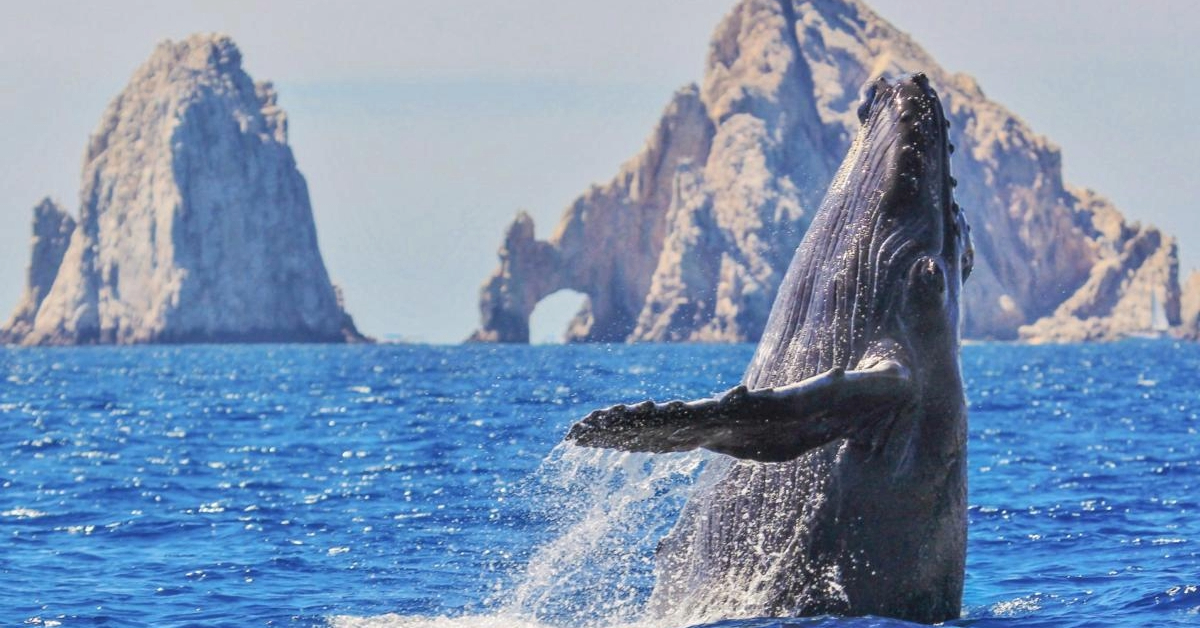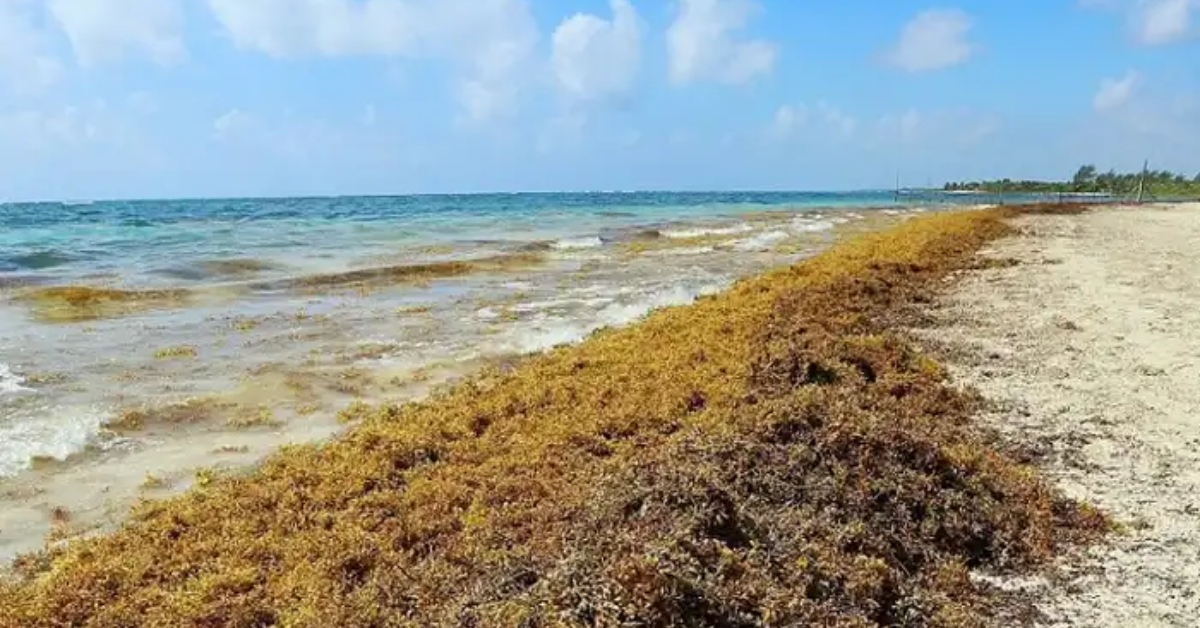Environmental groups warn that a proposed gas-fired power plant in Los Cabos by Mexico’s Federal Electricity Commission threatens whales and marine ecosystems in the Gulf of California.
A coalition of more than 40 environmental organizations has issued a warning about the potential ecological consequences of a proposed gas-fired power plant by Mexico’s Federal Electricity Commission (CFE) in the municipality of Los Cabos, Baja California Sur. The group, known as the Ballenas o Gas (Whales or Gas) Coalition, said the project poses a significant threat to marine species . . .






